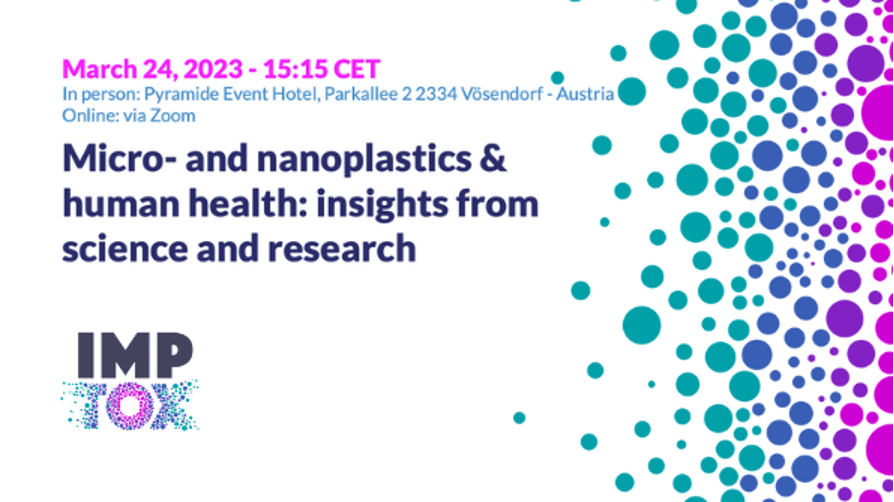Moverim is a partner in Imptox one of the five projects of the European Research Cluster for Understanding the Health Impact of Micro- and Nanoplastics, CUSP promoted by the EU.
CUSP unites five research initiatives into one large cluster that helps create synergies and amplify the effort of individual research initiatives. CUSP works closely with the European Commission’s Joint Research Centre (JRC), to improve the impact of research and ensure a constant dialogue between science and policy. The overall objective of the cluster is to contribute new scientific knowledge and know-how to the European plastics strategy.

The Imptox public workshop took place on Friday 24 March 2023. During the event, the potential health impacts of micro- and nanoplastics were discussed with experts from all over Europe. The event not only provided an excellent opportunity for updates and discussions but also gave all partners the opportunity to meet in person and foster collaboration.
THE WORKSHOP
Imptox coordinator Tanja Cirkovic Velickovic from the University of Belgrade welcomed the audience and opened the workshop, while Michelle Epstein, Imptox researcher from the Medical University of Vienna, moderated the event. The hybrid workshop took place at the Pyramide Event Hotel in Vienna with more than 100 participants with people attending both online and in-person. These figures highlight the considerable interest in the topic and the urgent need for a more comprehensive understanding of the potential impact of micro- and nanoplastics on human health.
The workshop featured six speakers, each providing unique insights and perspectives on the topic.
Ian Mudway from Imperial College London spoke about the impact of plastic particles as a component of PM2.5 air pollution. He emphasised that ‘we do not breathe in microplastics alone’, but rather inhale them in the context of a complicated biological and inorganic cloud of materials. To understand their impact on human health, it is crucial to understand how they fall into the overall landscape of toxins and toxicants.
The next speaker, Hans-Peter Grossart from the Leibniz Institute for Freshwater Ecology and Inland Fisheries, presented the problem of releasing microplastics into freshwater through waste-water treatment plants. These microplastics could be loaded with antibiotic-resistant genes, which could have severe consequences for human health.
Theo Vermeire, who recently retired from the National Institute for Public Health and the Environment in the Netherlands, spoke about the difficult task of assessing the risk of micro- and nanoplastics to human health. He emphasised that more data and research are needed before any definitive conclusions can be drawn.
Thomas Meisel of Montanuniversitaet Leoben urged the research community to focus on nanoplastics rather than microplastics as these are more easily absorbed by organisms than their larger counterparts and are believed to have a more significant ecological and health impact.Verena Pichler and Lukas Kenner spoke about their involvement in the microONE project, a research initiative funded by the Austrian Research Promotion Agency (FFG) that investigates the health effects of micro- and nanoplastics.
During the last session, Lukas Kenner from the Medical University of Vienna addressed the possible correlation between micro- and nanoplastics and tumour formation. The researcher presented data from in vivo animal studies, showing the effects of exposure to micro- and nanoplastics on the body.
Follow Imptox on social media and visit their website!
